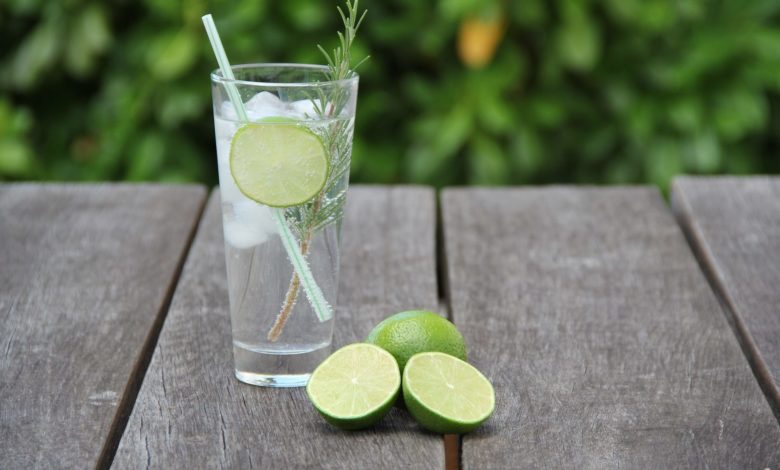
Everyone knows a bit of cockney rhyming slang, but what if your own name is the one being used, and then somebody tries to use it as their brand? This is exactly what happened to the singer Dame Vera Lynn, who has just been awarded £1,800 in legal costs from a gin company which was trying to trademark Vera’s name.
The 102-year-old got wind of plans by Halewood International to register the trademark “Vera Lynn” in the middle of 2018, but decided to challenge it because she felt it could be seen as an endorsement. It is hard to know if Lynn herself likes the gin this company makes, but she certainly wasn’t going to let them take her name in vain.
Halewood tried to argue that the name is known better as the rhyming slang for gin that it is for the singer and her career, but the trademark hearing officer did not concur.
“The evidence falls a long way short of showing that the relevant public for alcoholic beverages will, on encountering ‘Vera Lynn’, see it as a rhyming slang reference for gin, rather than bringing to mind the entertainer Vera Lynn, who has been in the entertainment business for 84 years.” A pretty unequivocal slap down.
While the story itself is pretty rare – not many people have their name enter the rhyming slang lexicon – the alternative or ubiquitous use of names and brand names is an interesting area of trademark law.
A phenomenon known as ‘trademark genericisation’ occurs when a trademark is used so frequently, or has entered the language as a daily verb, adjective or noun, that it loses its right to trademark protection. Examples of this are aspirin, cat’s-eye, cellophane, escalator and trampoline.
All of these words were originally brand names owned by manufacturers, but because of their wide usage, the companies that created them can no longer enforce them.
Indeed, it is a major concern for very successful companies to protect their brands against ‘genericide’. Recently jewellery firm Tiffany & Co entered a legal battle with US wholesaler Costco, which Tiffany said was infringing its trademark because Costco started selling ‘tiffany’ engagement rings.
Costco, instead of backing down, fought the case, claiming that the word Tiffany is now a generic term for a certain type of ring – specifically a diamond mounted on a single band with six prongs.
A US district judge found that there was a “genuine factual dispute” in that it was very difficult to say conclusively whether, in the minds of the public, Tiffany was a specific brand or just a generic name for a style of ring.
Insofar as any lessons can be drawn from such things, it’s that you can in business become a victim of your own success. But always fight your brand, and make sure people know it’s yours.









